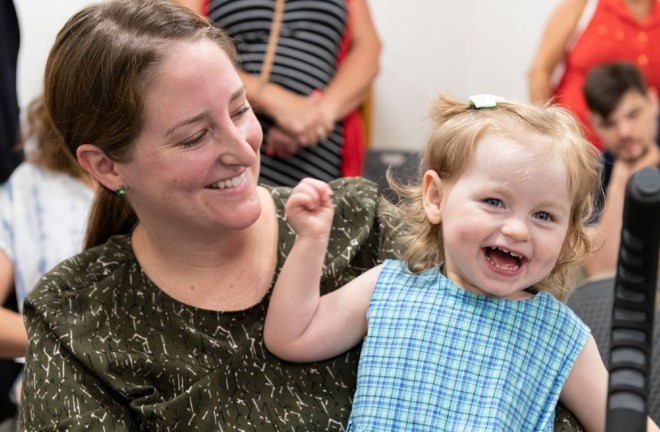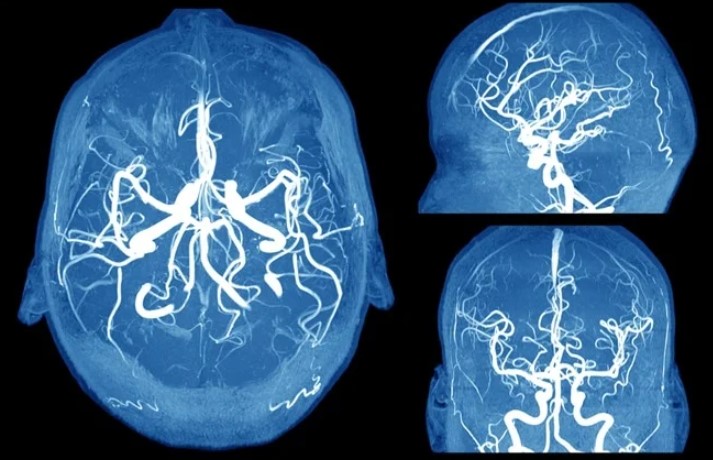Understanding Sleep Apnoea: Causes, Symptoms, and Treatment Options

Introduction to Sleep Apnoea
Sleep apnoea is more than just a nuisance—it’s a serious sleep disorder that affects millions of people worldwide. But what exactly is it? And why should we pay attention to it?
What is Sleep Apnoea?
Sleep apnoea is a condition where your breathing repeatedly stops and starts during sleep. These interruptions can last from a few seconds to minutes and can occur multiple times throughout the night, disrupting your sleep and leaving you feeling exhausted the next day.
Importance of Understanding Sleep Apnoea
Understanding sleep apnoea is crucial because it’s not just about feeling tired. This disorder can lead to significant health problems if left untreated. From heart issues to cognitive impairments, the impacts are far-reaching. Let’s dive into the different types of sleep apnoea first.
Types of Sleep Apnoea
Obstructive Sleep Apnoea (OSA)
OSA is the most common type, where the muscles in the back of your throat relax excessively, blocking your airway. This blockage often causes loud snoring and can significantly impact your sleep quality.
Central Sleep Apnoea (CSA)
CSA is less common and involves the brain failing to send proper signals to the muscles that control breathing. Unlike OSA, snoring isn’t typically associated with CSA.
Complex Sleep Apnoea Syndrome (CompSAS)
CompSAS is a combination of OSA and CSA. It occurs when someone with OSA develops CSA while using a CPAP machine for treatment.
Causes and Risk Factors
Common Causes of Sleep Apnoea
Several factors can lead to sleep apnoea, including anatomical traits (like a thick neck or narrow airway), lifestyle choices (such as smoking and alcohol consumption), and other medical conditions like obesity and high blood pressure.
Risk Factors for Sleep Apnoea
Certain risk factors increase the likelihood of developing sleep apnoea. These include being male, older age, family history, and having a large neck circumference.
Symptoms of Sleep Apnoea
Common Symptoms
The most noticeable symptoms are loud snoring, gasping for air during sleep, and waking up with a dry mouth. People often feel excessively sleepy during the day, which can impact their daily activities and overall quality of life.
Severe Symptoms
In more severe cases, sleep apnoea can cause morning headaches, mood swings, memory loss, and decreased libido. These symptoms indicate a more profound disruption in sleep and should prompt immediate medical attention.
Symptoms in Children
Children with sleep apnoea might exhibit behavioral issues, poor school performance, and bedwetting. Unlike adults, they may not snore loudly but could show signs of restless sleep.
Diagnosis of Sleep Apnoea
Medical History and Physical Exam
A comprehensive medical history and physical examination are the first steps in diagnosing sleep apnoea. Your doctor will ask about your sleep habits, snoring, and daytime sleepiness.
Sleep Studies (Polysomnography)
Polysomnography is an overnight test conducted in a sleep lab. It monitors various body functions like brain activity, eye movement, heart rate, and oxygen levels to diagnose sleep apnoea accurately.
Home Sleep Apnoea Testing
For some, a simpler, at-home sleep test might be sufficient. These tests are less comprehensive but can still provide valuable information about your breathing patterns during sleep.
Health Implications of Untreated Sleep Apnoea
Cardiovascular Issues
Untreated sleep apnoea can lead to serious cardiovascular problems, including high blood pressure, heart attacks, and strokes. The repeated drop in blood oxygen levels strains the cardiovascular system.
Daytime Fatigue and Cognitive Impairment
Constant interruptions in sleep can cause severe daytime fatigue, impacting your ability to concentrate and perform daily tasks. Over time, this can lead to significant cognitive impairments and increased risk of accidents.
Mental Health Concerns
Sleep apnoea is also linked to mental health issues like depression and anxiety. The constant struggle for proper rest can take a toll on your emotional well-being.
Treatment Options for Sleep Apnoea
Lifestyle Changes
Simple lifestyle changes can make a big difference. These include losing weight, quitting smoking, and reducing alcohol intake.
Continuous Positive Airway Pressure (CPAP)
CPAP is the most common and effective treatment for OSA. It involves wearing a mask connected to a machine that provides a steady stream of air, keeping your airway open.
Oral Appliances
Oral appliances, which are fitted by a dentist, can help keep your throat open by bringing your lower jaw forward during sleep.
Surgery
In severe cases, surgery might be necessary to remove tissue, shrink tissues, or reset the jaw to prevent airway blockage.
Lifestyle and Home Remedies
Weight Management
Maintaining a healthy weight is crucial. Excess weight can increase fat deposits around your upper airway, obstructing breathing.
Positional Therapy
Sleeping on your side instead of your back can help reduce symptoms. Special pillows or devices can assist in maintaining this position throughout the night.
Avoidance of Alcohol and Smoking
Both alcohol and smoking can worsen sleep apnoea by relaxing the muscles around your airway and causing inflammation, respectively.
Technological Innovations in Sleep Apnoea Treatment
Advanced CPAP Machines
Modern CPAP machines are more comfortable and less intrusive, with features like auto-adjusting pressure and humidifiers.
Implantable Devices
Devices like the Inspire implant can stimulate airway muscles to keep the airway open during sleep.
Mobile Health Applications
Apps can help monitor your sleep patterns and provide insights and tips to improve your sleep hygiene.
Living with Sleep Apnoea
Daily Management Tips
Stick to a regular sleep schedule, create a restful environment, and avoid caffeine and heavy meals before bedtime.
Support Groups and Resources
Joining a support group can provide emotional support and practical advice from others who understand what you’re going through.
The Importance of Follow-Up Care
Regular follow-up visits with your healthcare provider are crucial to manage sleep apnoea effectively and adjust treatments as needed.
Myths and Misconceptions
Common Myths about Sleep Apnoea
There are many myths, such as believing only overweight people get sleep apnoea or thinking snoring always indicates the disorder.
Clarifying Misunderstandings
Understanding the facts can help you seek appropriate treatment and improve your quality of life.
Prevention of Sleep Apnoea
Preventative Measures
Maintain a healthy lifestyle, manage chronic conditions, and avoid substances that can exacerbate the condition.
Importance of Regular Check-Ups
Regular medical check-ups can help catch early signs of sleep apnoea and other related conditions.
The Future of Sleep Apnoea Research
Ongoing Studies and Trials
Researchers are constantly working on new treatments and technologies to improve the lives of those with sleep apnoea.
Potential Breakthroughs
From new medications to innovative devices, the future holds promising advancements in sleep apnoea treatment.
Impact of Sleep Apnoea on Quality of Life
Personal Stories and Testimonials
Hearing from others who have successfully managed sleep apnoea can be encouraging and provide practical tips.
Improving Quality of Life with Treatment
Proper treatment can significantly improve your quality of life, leading to better health, mood, and daily functioning.
Conclusion
Sleep apnoea is a serious condition that requires attention and proper management. By understanding the causes, symptoms, and treatment options, you can take the necessary steps to improve your sleep and overall health. Don’t hesitate to seek help if you suspect you have sleep apnoea—your well-being is worth it.
FAQs
What is the main cause of sleep apnoea? The main cause of sleep apnoea varies, but it often involves an obstruction of the airway due to relaxed throat muscles (OSA) or issues with brain signaling (CSA).
Can sleep apnoea be cured? While there is no outright cure, many effective treatments can manage and alleviate the symptoms of sleep apnoea.
Is sleep apnoea hereditary? There can be a genetic component to sleep apnoea, meaning it can run in families. However, lifestyle factors also play a significant role.
How do I know if I need a sleep study? If you experience symptoms like loud snoring, frequent awakenings, or excessive daytime sleepiness, a sleep study can help diagnose the issue.
What happens if sleep apnoea is left untreated? Untreated sleep apnoea can lead to serious health problems, including cardiovascular disease, cognitive impairments, and mental health issues.






